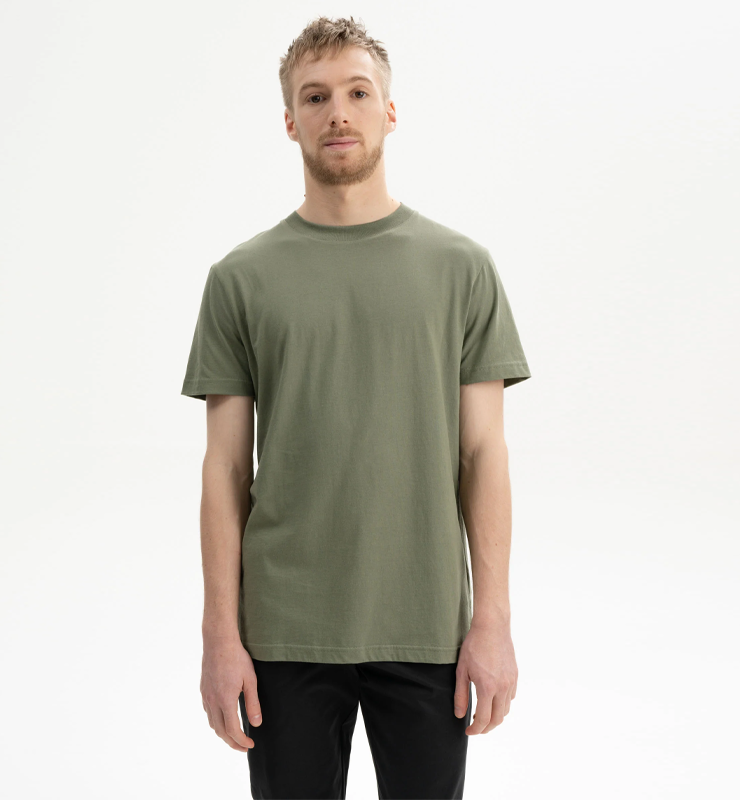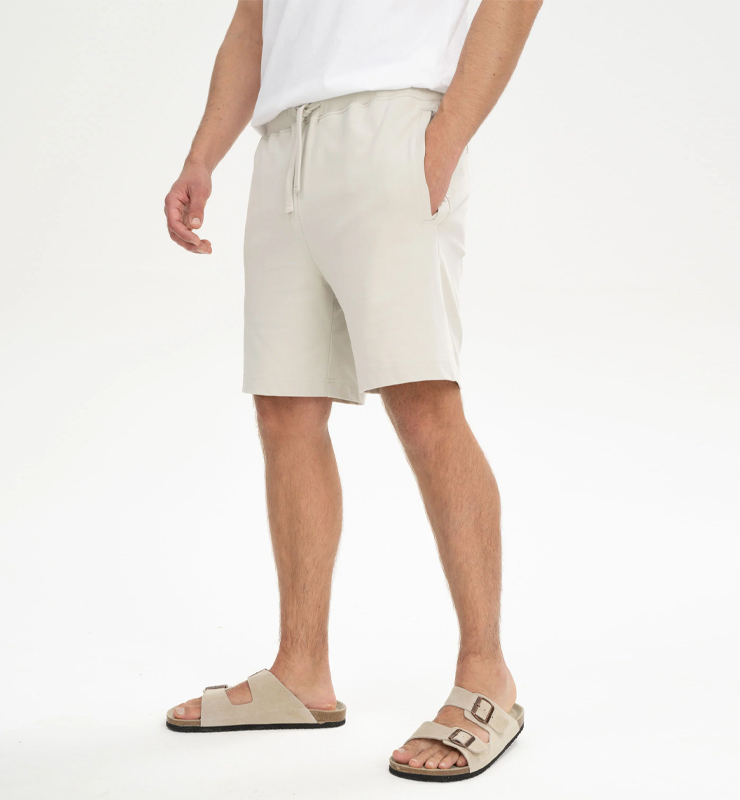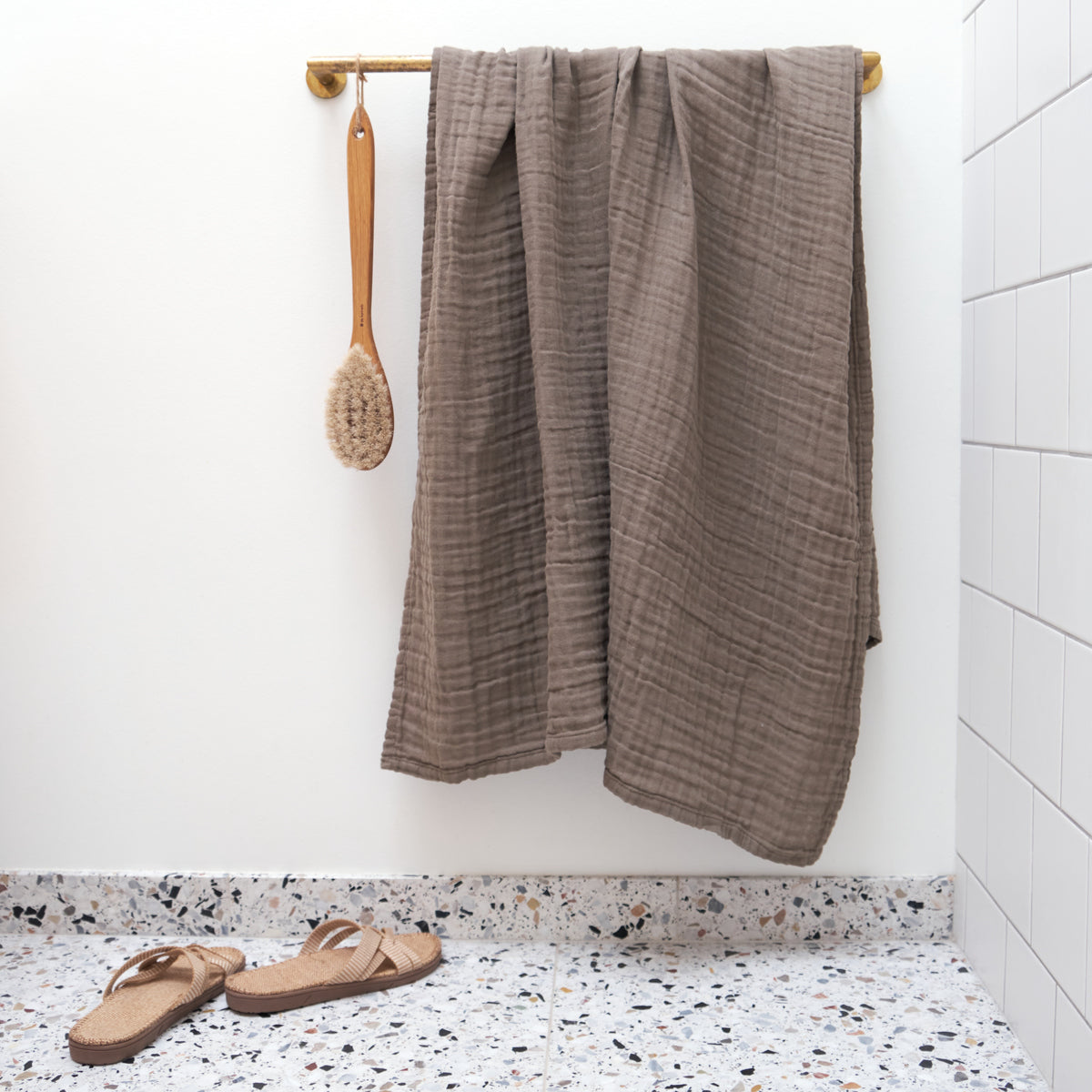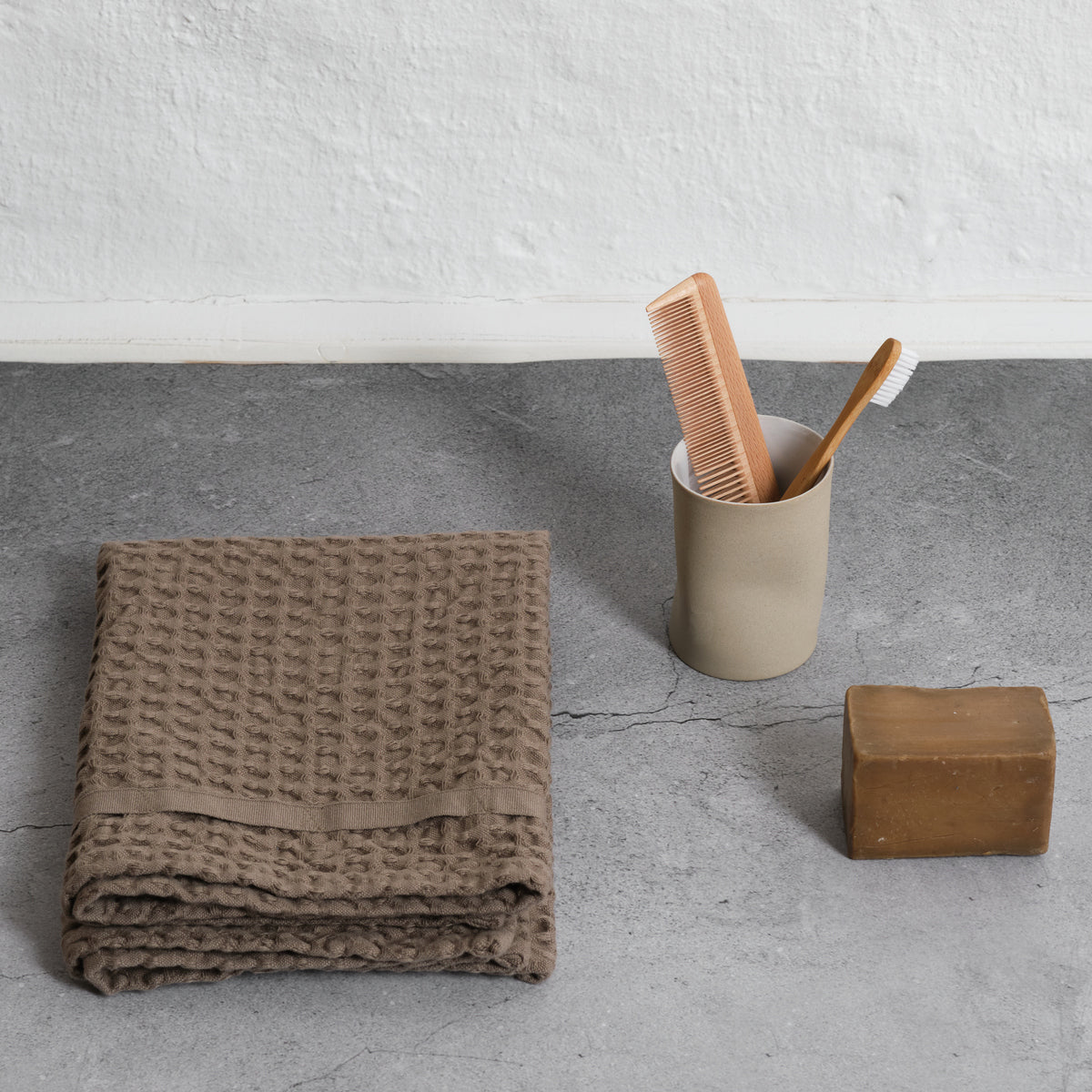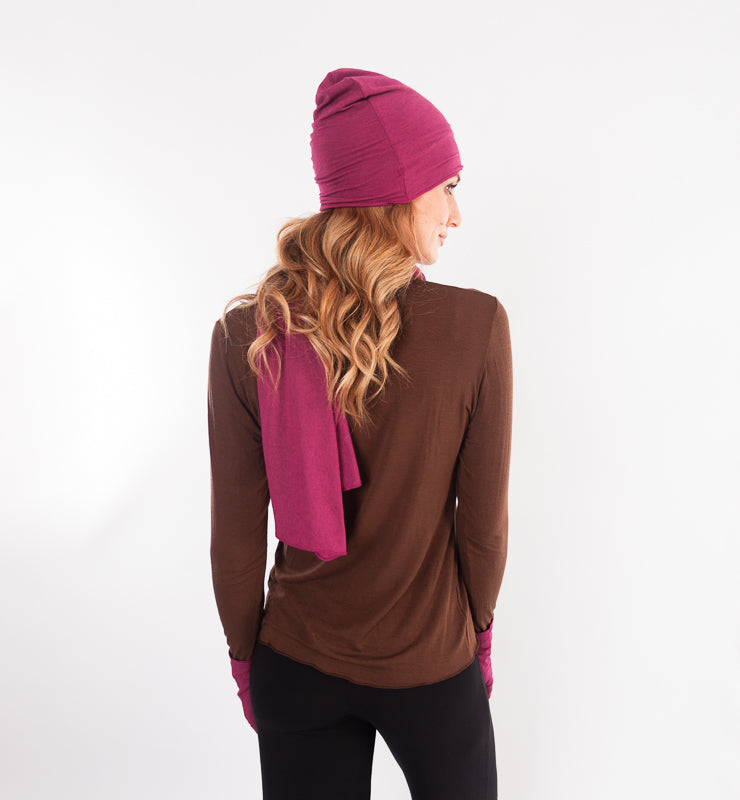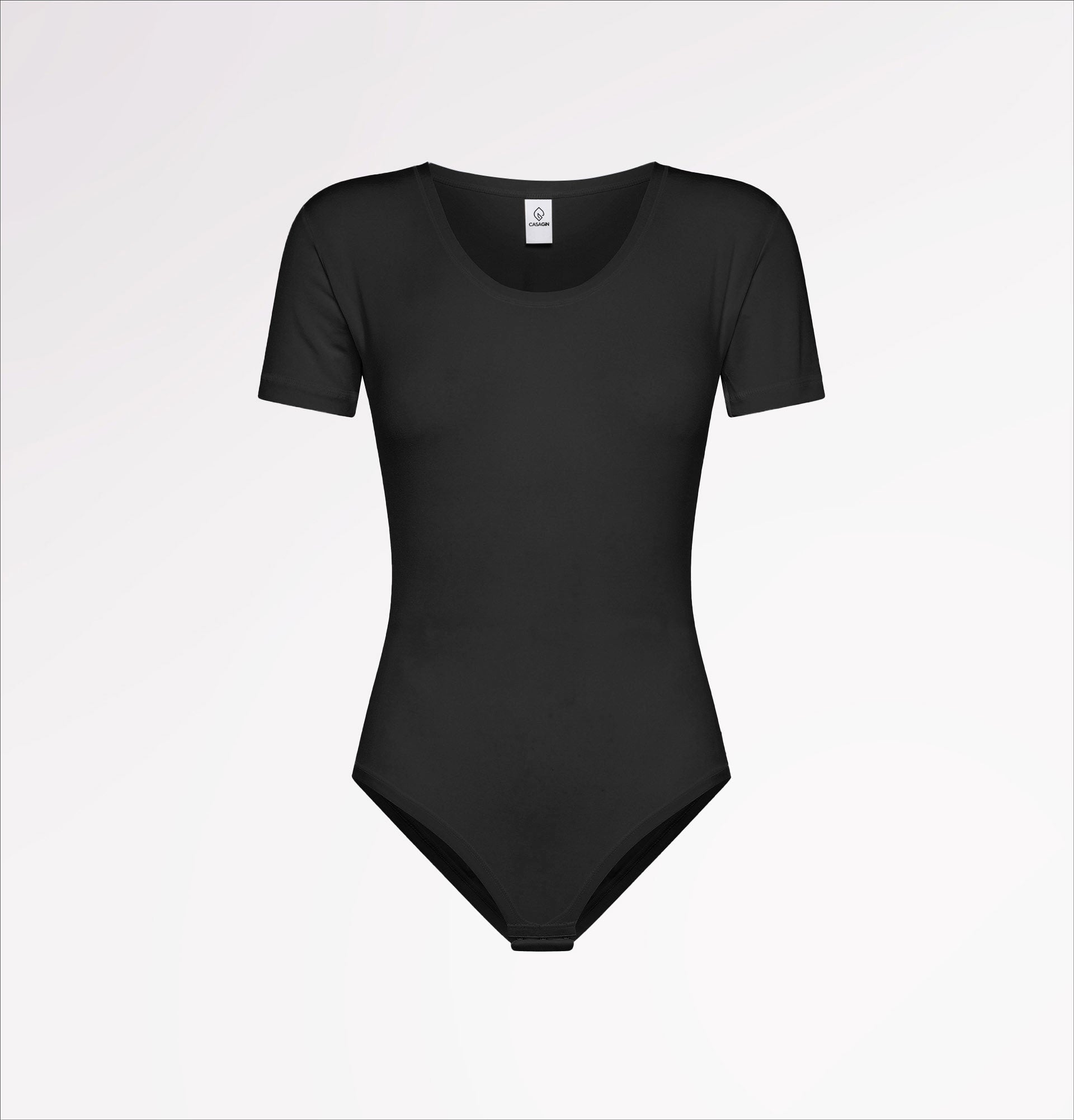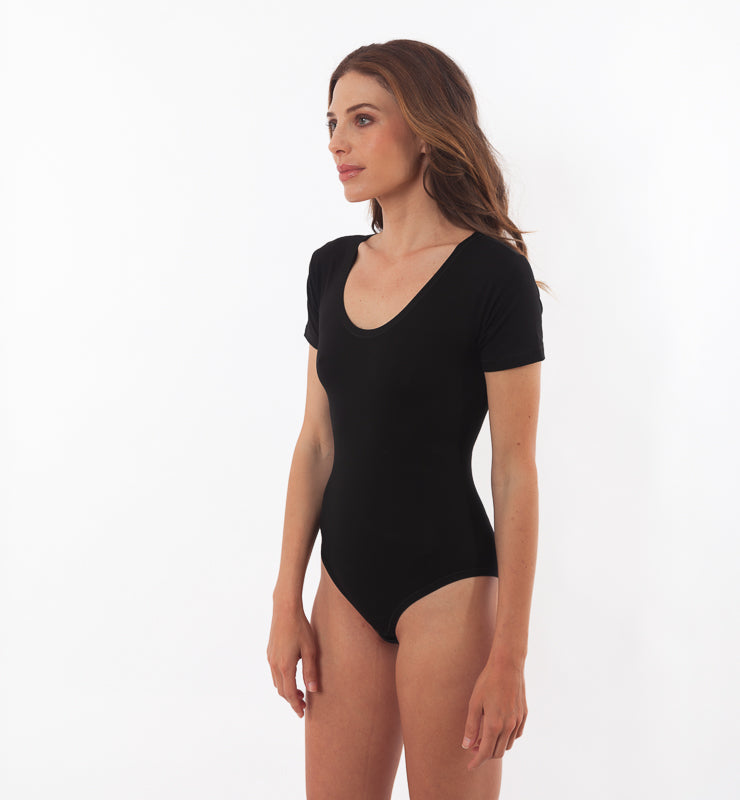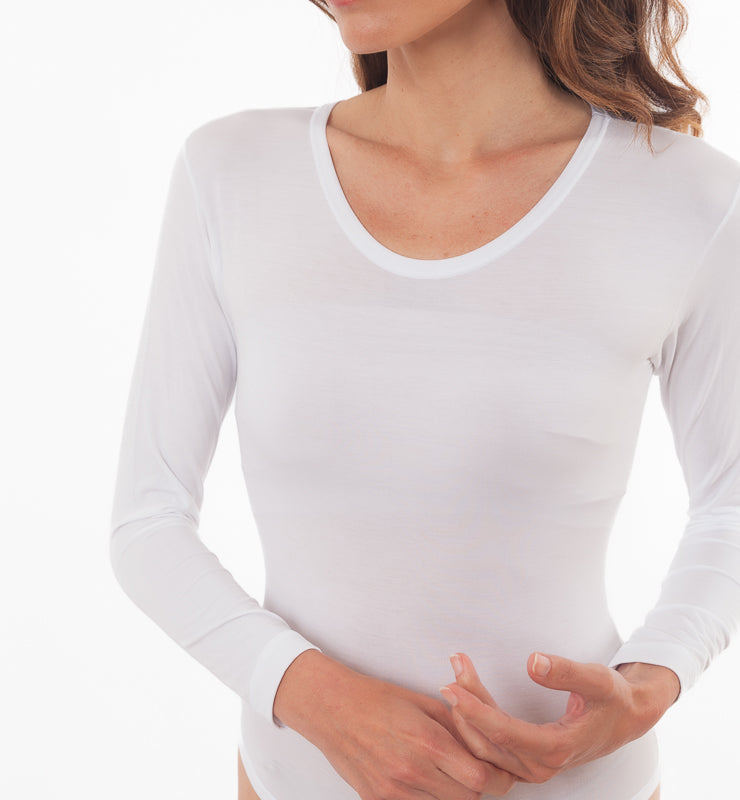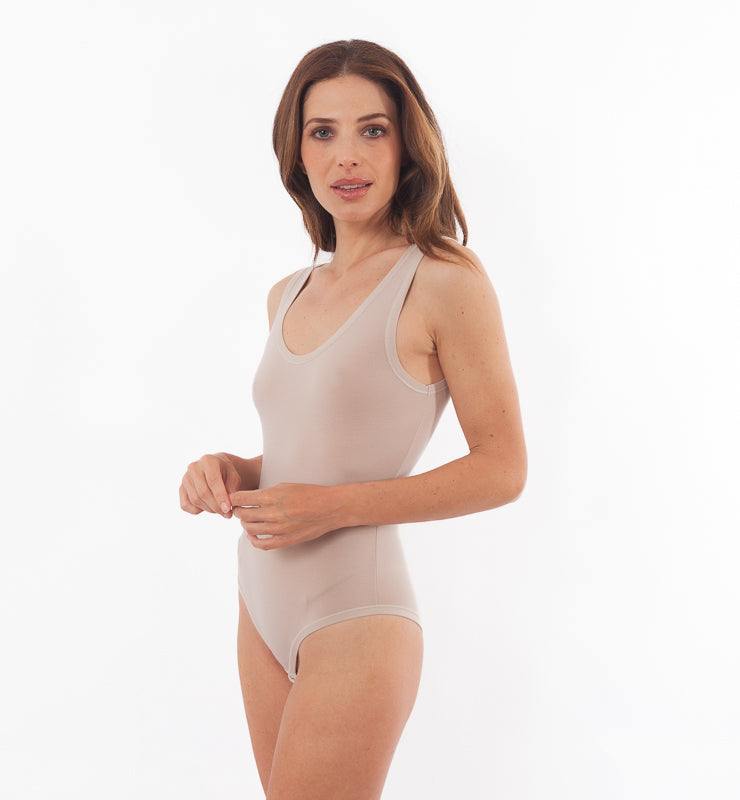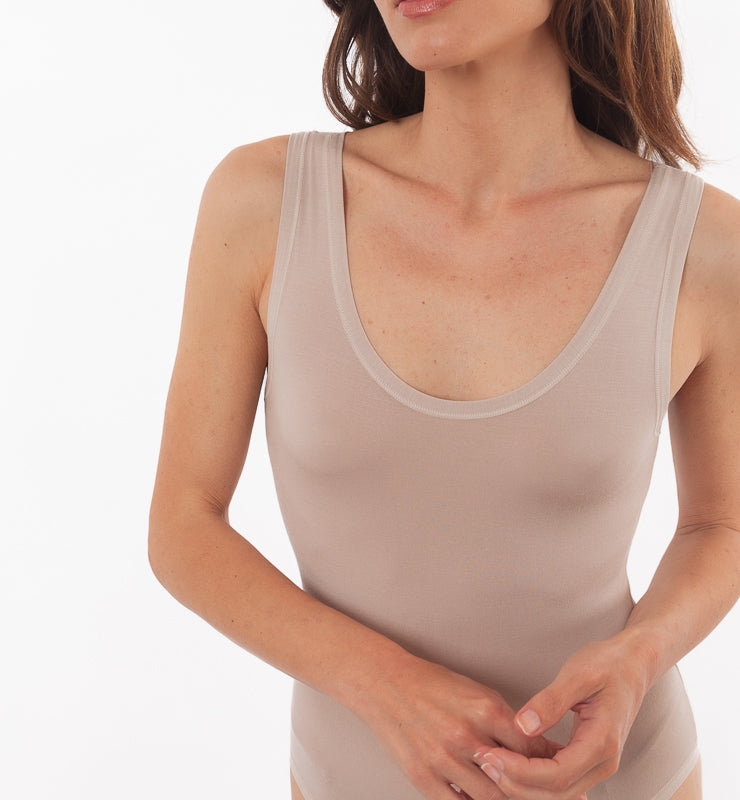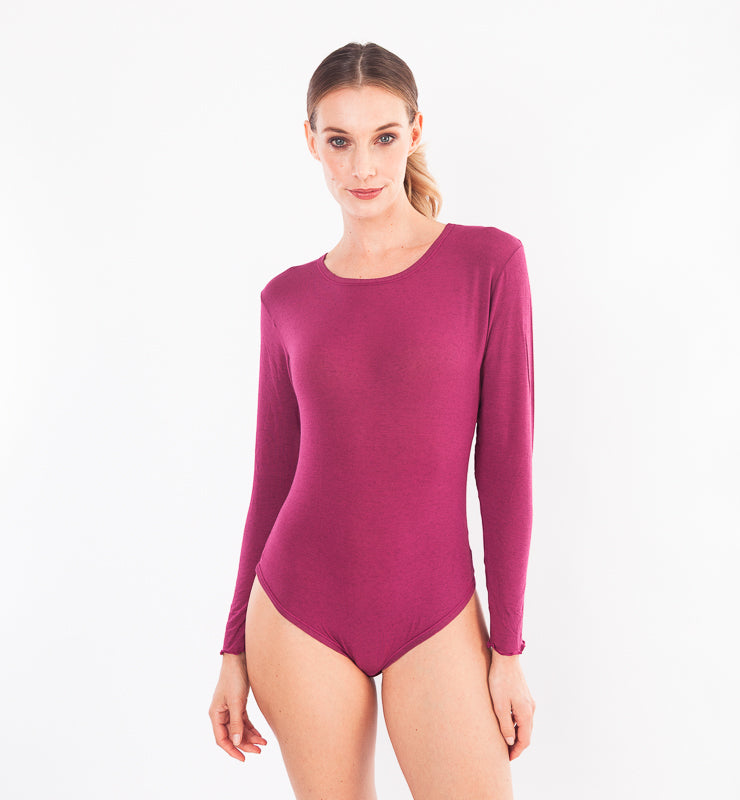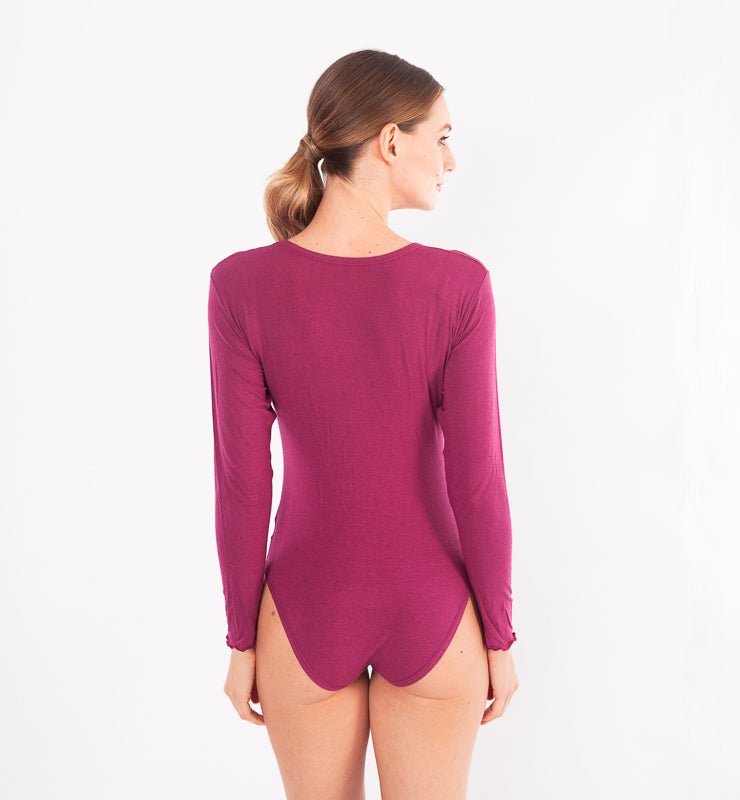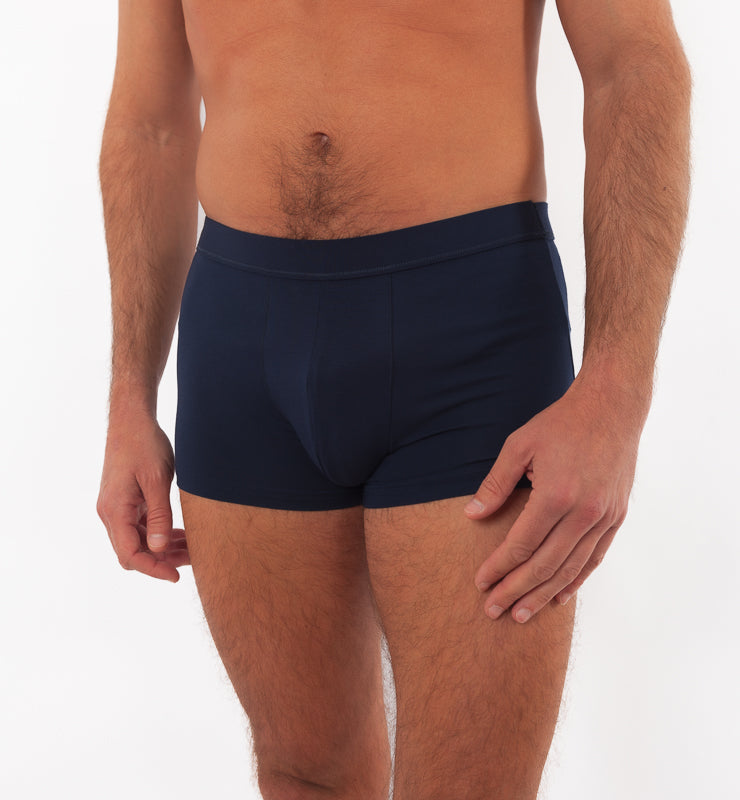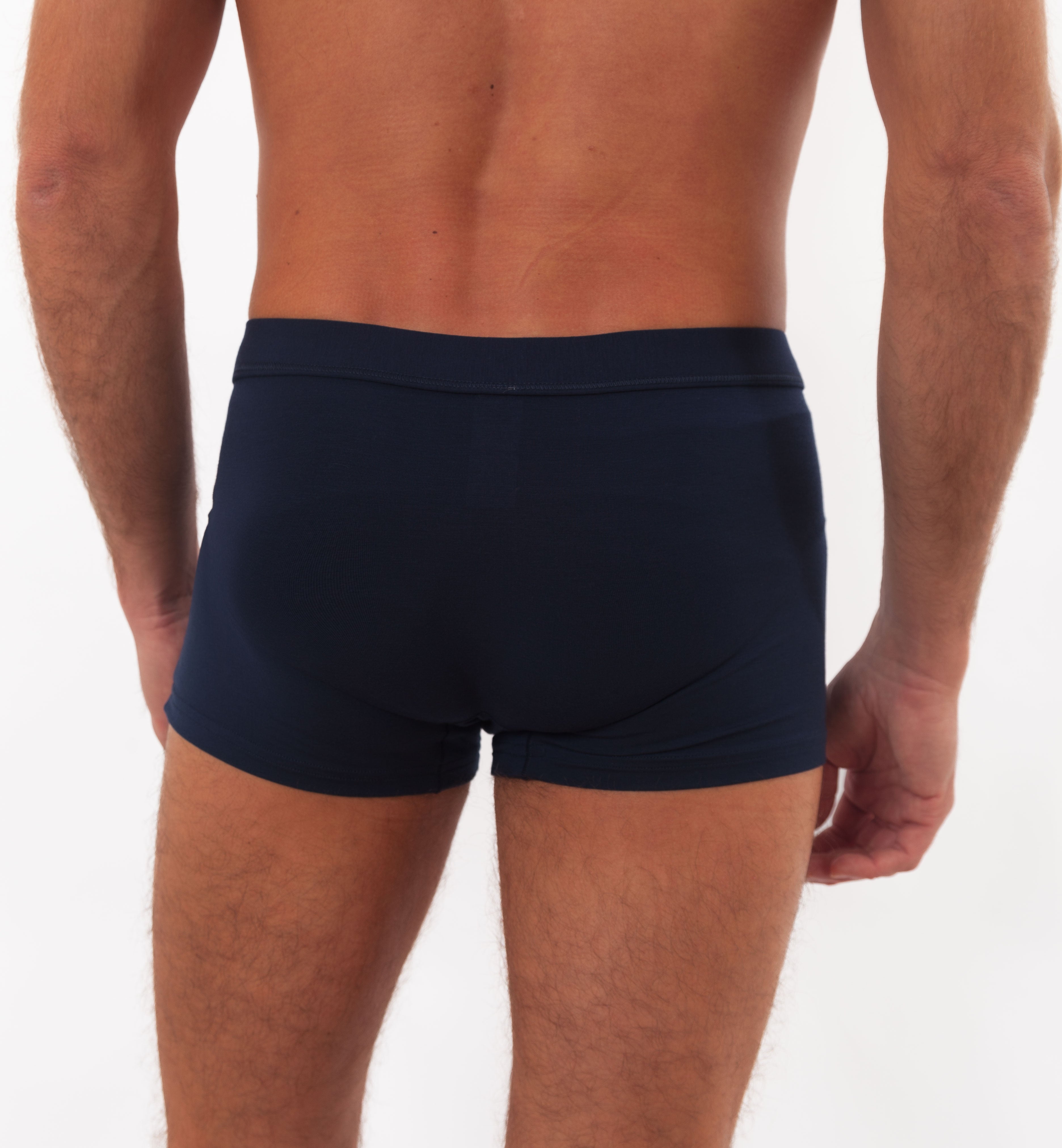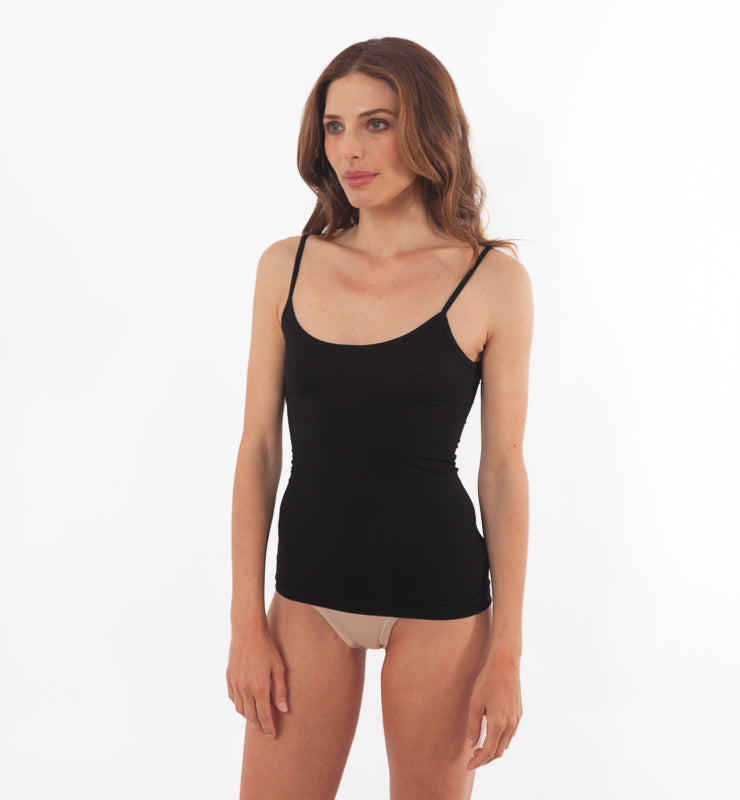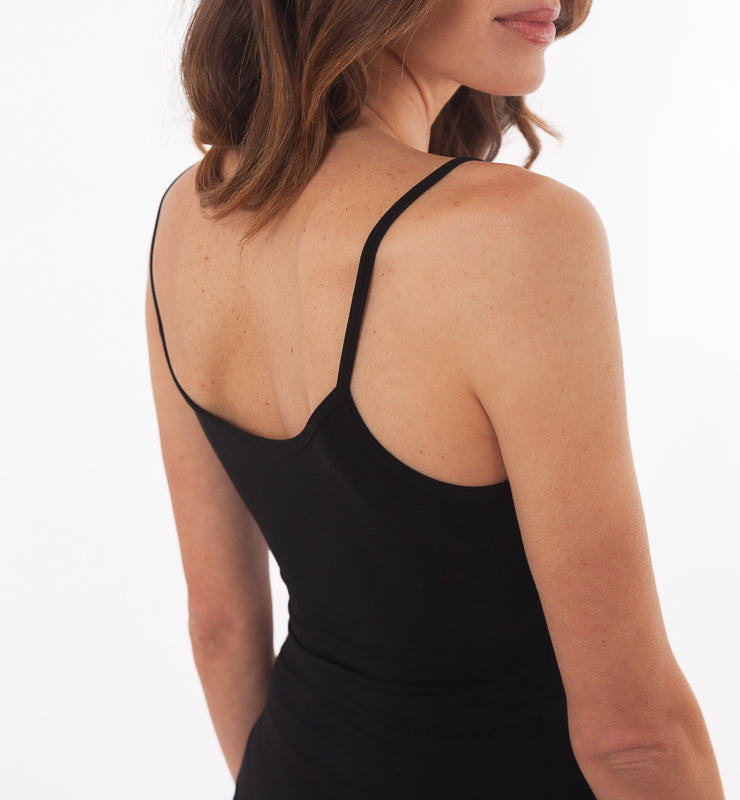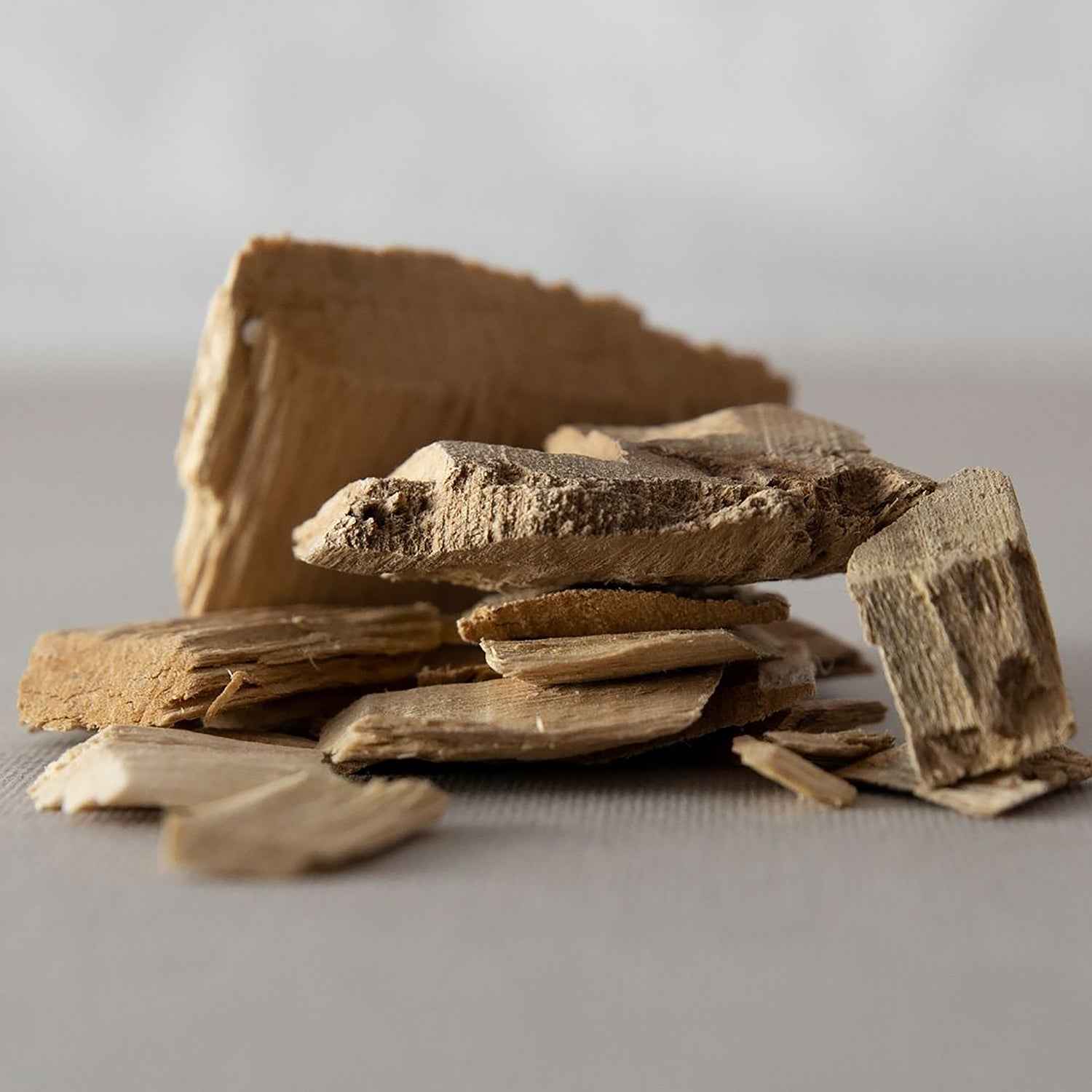
What is TENCEL™ Modal
In our journey to provide the best clothing that is sustainable and comfortable, we have gone beyond traditional fabrics . Innovative new fabrics can provide a wide variety of benefits, to the wearer and the planet.
TENCEL™ Modal is one of these new materials and it has some promising properties that are leading to its growing popularity in the fashion world.
TENCEL™ Modal is a fabric made from beech wood. It is soft, durable and flexible. The biodegradability of the fabric is also exceptional compared to most other fabrics. The fibers can be completely returned to nature. This takes time, of course, but it is ideal when we consider how many garments inevitably end up in landfill.
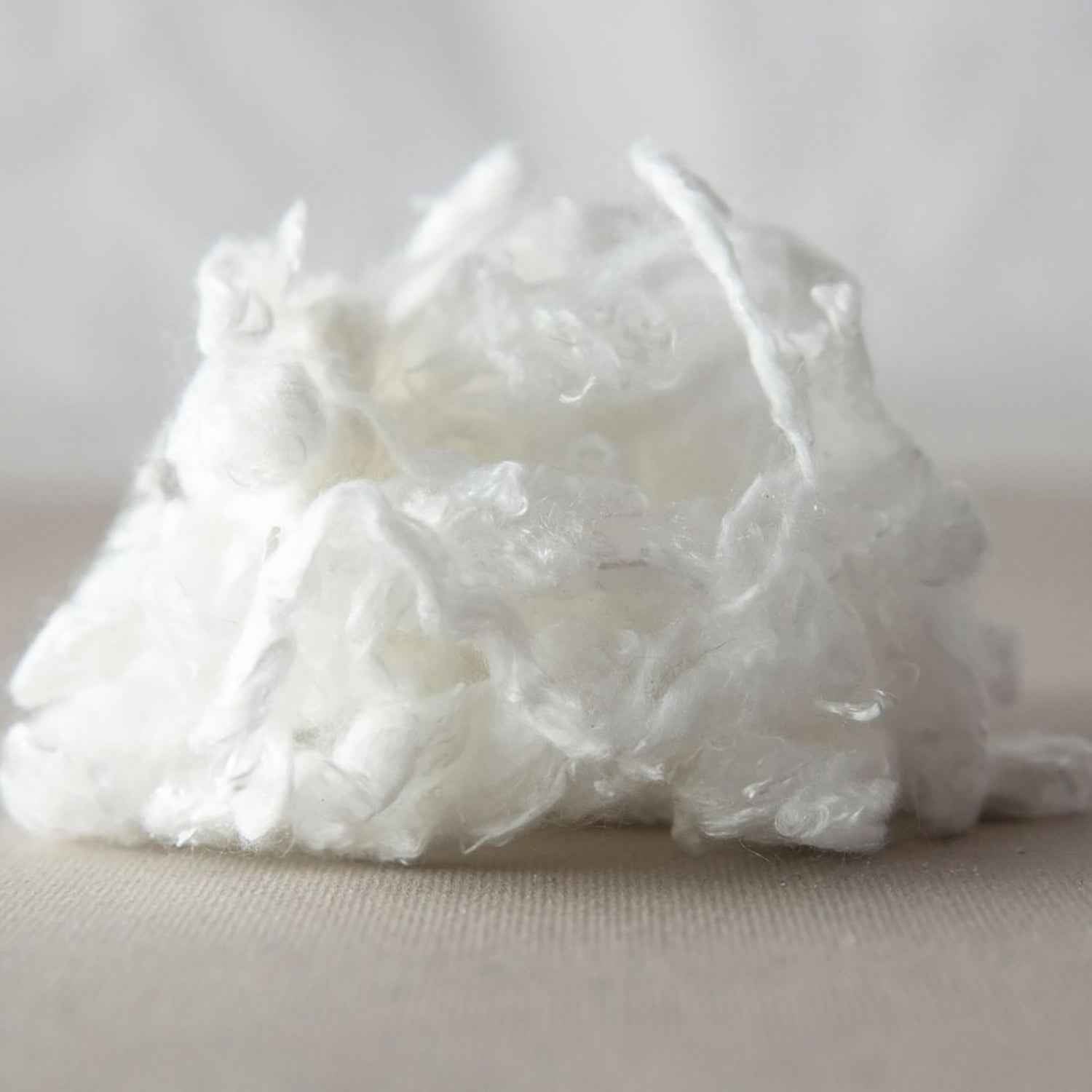
Wood Fiber - The Skin-Friendly Fabric
While sustainability is a key attribute, TENCEL™ Modal is also an exceptional fabric to wear. TENCEL™ Modal is superlatively soft and fine to the touch. Touch tests have shown that the fabric is twice as soft as cotton. And the softness also lasts longer than cotton. In addition, it is a fabric with hypoallergenic and bacteriostatic properties .
What's more, TENCEL™ Modal wicks moisture more efficiently than conventional materials. This leads to superior levels of breathability and thermoregulation .
The fibers are also highly versatile, leading to a flexibility and longevity beyond that normally offered by a natural fabric.
Beech not only gives fabrics a soft feel, but also greater durability than traditional cotton. When washed in hard water, it does not retain minerals such as limescale and shrinks and discolors much less than cotton.

Sustainable Forests - The Beech Tree
Particularly resistant to parasites, the beech tree reproduces through the process of “rejuvenation”, in this way the forest stock expands automatically. Irrigation or artificial cultivation are not necessary because forests are a natural and permanent source of raw materials.
Every year this system allows us to grow 10 thousand cubic meters of wood more than what is removed . In addition, the forests are certified Forest Stewardship Council (FSC) .
Austria hosts the entire production process of this yarn, from cellulose to fibers. This means that the production is neutral and the environmental impact is minimized.
Every aspect of beech wood can be used . In addition to cellulose, other valuable materials are extracted (acetic acid used for food production, xylose, the basis for sweetener production, sodium sulphate used for glass production). The rest of the wood is used thermally in processing plants, contributing significantly to energy production.
Choosing carefully makes the difference
Each Lenzing fiber (the company from which we purchase TENCEL™ Modal) is made of cellulose, a natural component of the renewable source material, wood. A characteristic of cellulose is its biodegradability : at the end of their life cycle, Lenzing fibers can re-enter the ecosystem, preparing the ground on which new plants can grow: a miracle of nature .
In addition to this, TENCEL™ Modal boasts a low environmental impact. To give an idea of how little impact the production of this material has, we analyzed the consumption needed to produce 250 grams of conventional cotton fiber with traditional practices and 250 grams of TENCEL™ Modal fiber with innovative practices. Comparing the data, you can see how even a single garment in TENCEL™ Modal can significantly contribute to savings in terms of natural resources, such as water, CO2 and land.
Consumption:
Water consumption*:
CO2 consumption*:
Land used*:
Traditional cotton
1,430 liters
0.75 Kg
3.40 square meters
TENCEL™ Modal
66 liters
0.52 Kg
0.54 square meters

How to care for your TENCEL™ Modal garments
Like all natural fibers, beech fiber needs care and love. We recommend hand washing or machine washing at 30°C, selecting a delicate program.
To avoid rubbing with hard fabrics such as jeans or synthetic fabrics we also recommend washing our garments in a cotton gauze bag or underwear washing bags in the washing machine.
Furthermore, considering the incredible softness of the fabric, we do not recommend the use of chemical softeners and suggest the use of natural products or to completely forgo additives.



